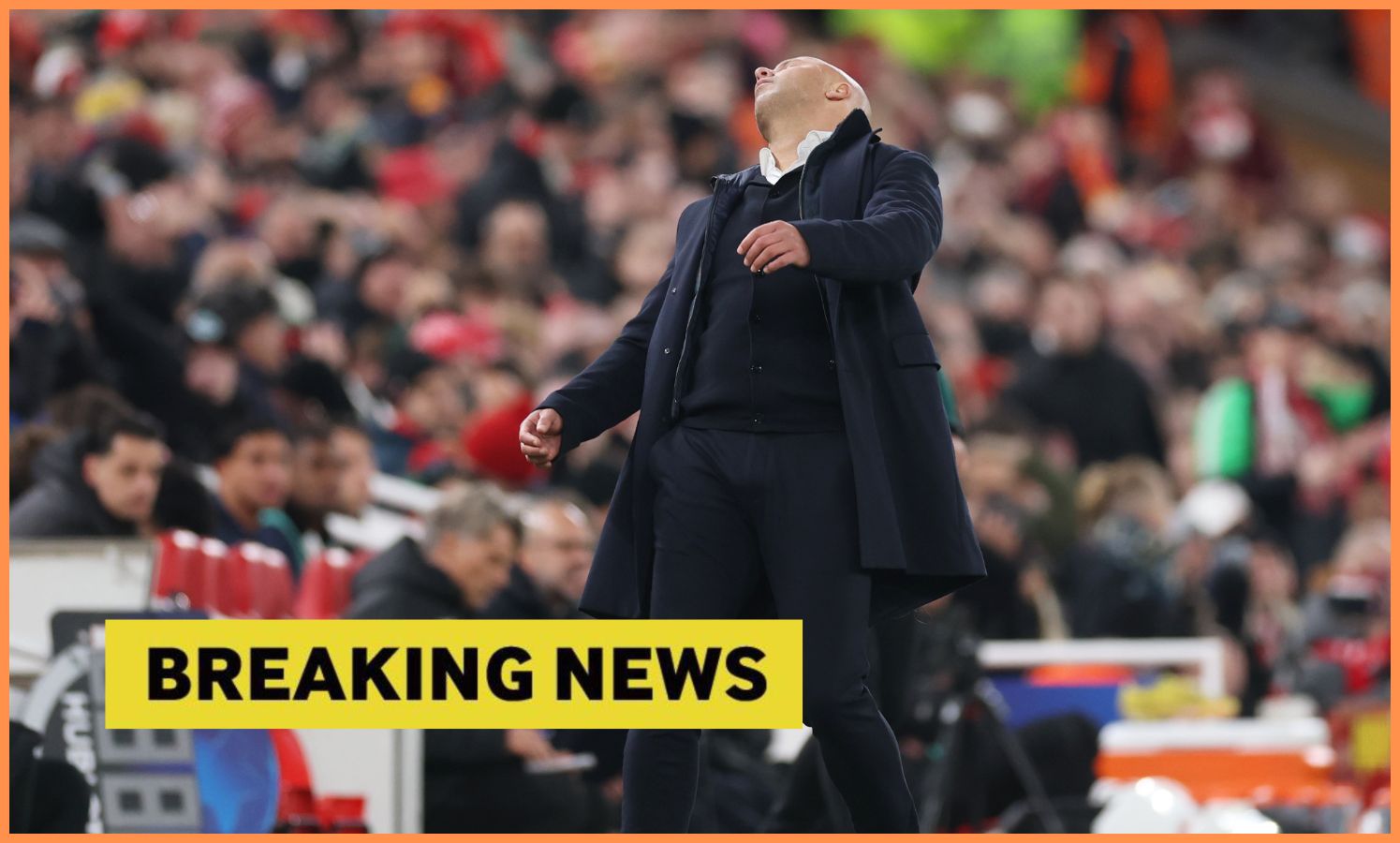Diego Simeone, a manager known for his intense focus, openly acknowledged Inter Milan as the most formidable team currently competing in the Champions League. His assessment wasn't simply a gesture of respect; it dictated Atletico Madrid’s entire tactical approach for their recent clash.
Simeone revealed the first half was deliberately designed to disrupt Inter’s rhythm and control. He understood their opponent’s strength and sought to neutralize it, believing a more expansive game could be unleashed later when his own players were fully engaged.
That calculated gamble paid off with a dramatic, late 2-1 victory. Simeone highlighted the impact of his substitutes – Antoine Griezmann, Alexander Sorloth, and Nico Gonzalez – who injected fresh energy and ultimately secured the winning goal.

However, Simeone insisted the underlying strategy remained consistent regardless of the scoreline. He thrives on challenge, actively rejecting complacency and preferring the constant pursuit of improvement.
He emphasized the vital ingredients for success: unwavering dedication, genuine passion, and exceptional skill. Crucially, Simeone stressed the importance of player buy-in, stating that a coach is only as effective as the players who trust and follow his lead.
The victory showcased the depth of Atletico’s squad, with players eager to prove themselves after being held on the bench. Their impact upon entering the game underscored Simeone’s belief in their capabilities.

Interestingly, Simeone’s perspective has evolved recently. Just weeks prior, following a decisive 4-0 defeat, he identified Arsenal as the strongest opponent Atletico had faced all season.
He lauded Arsenal’s relentless energy, their constant movement, and the quality that permeated every position on the pitch. He conceded their victory was fully deserved, framing the loss as a valuable learning experience.
Simeone acknowledged his team’s initial competitiveness but admitted Arsenal’s dominance in the latter stages of the match. He immediately shifted focus towards identifying areas for improvement and building upon the positives.

This willingness to adapt and learn, to publicly acknowledge the strengths of his rivals, reveals a manager deeply committed to the continuous evolution of his team and his own coaching philosophy.





